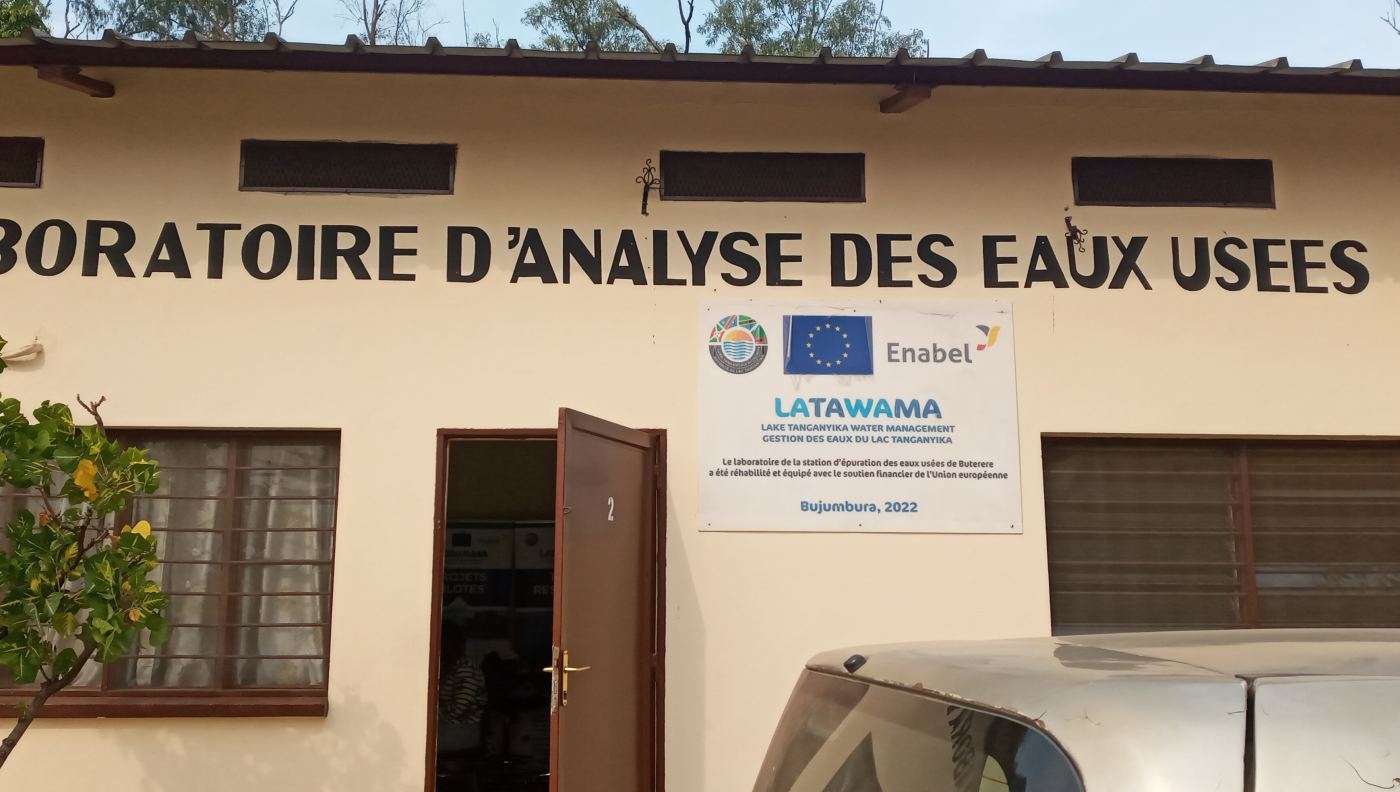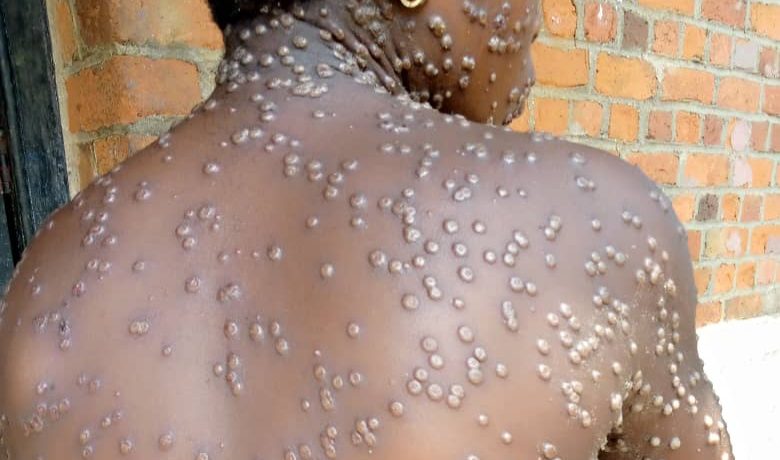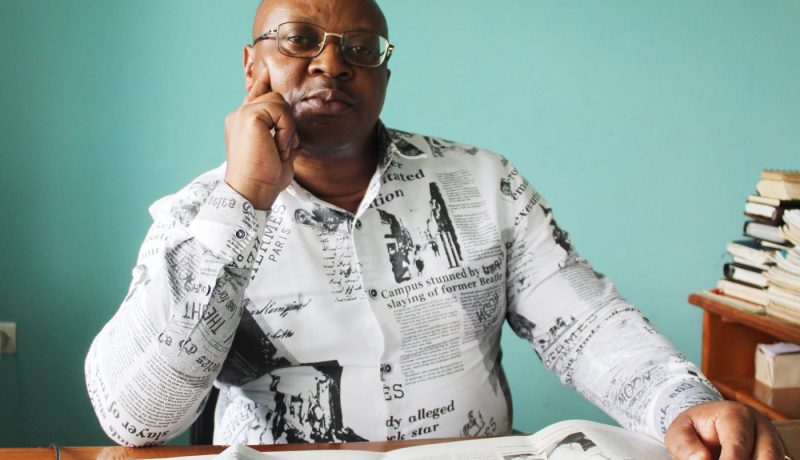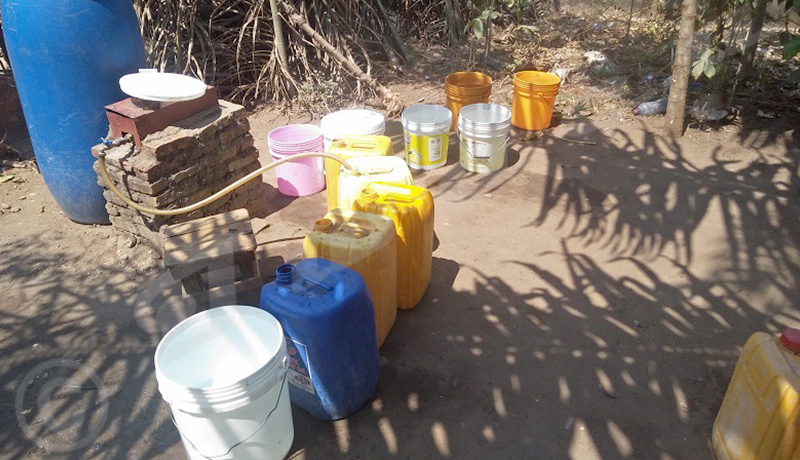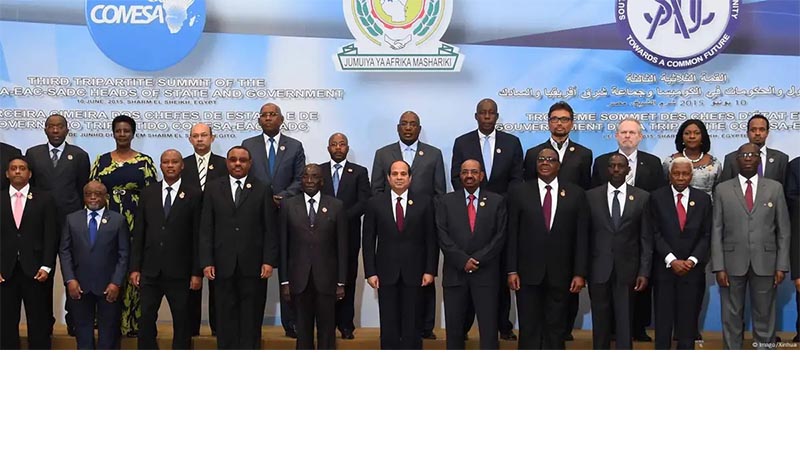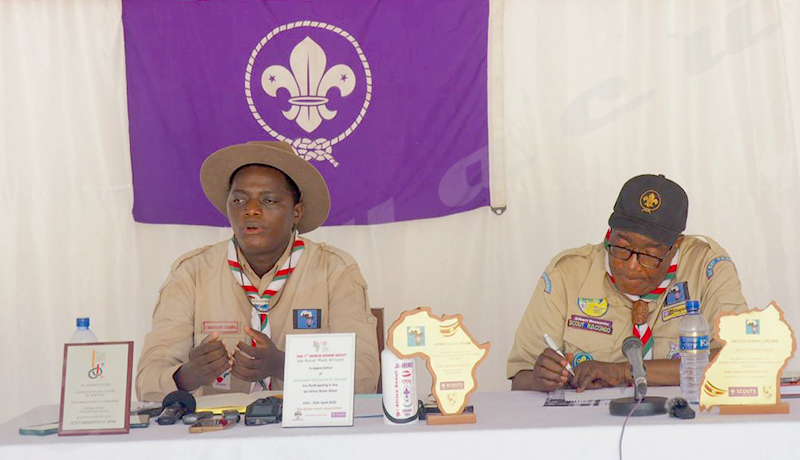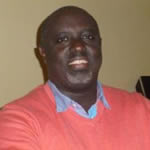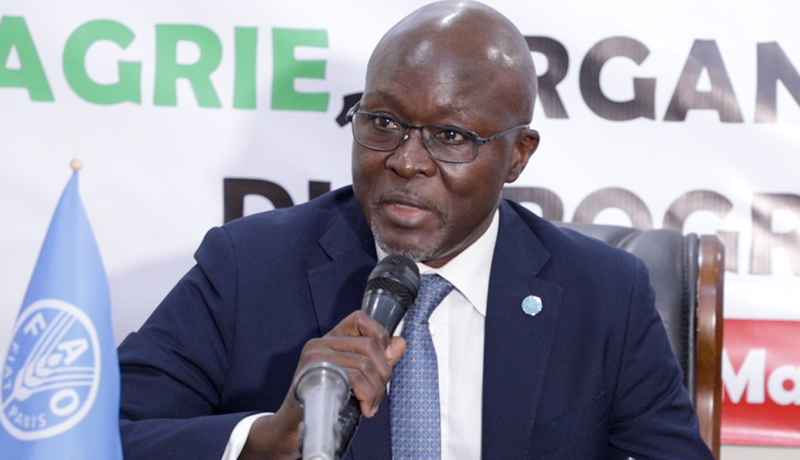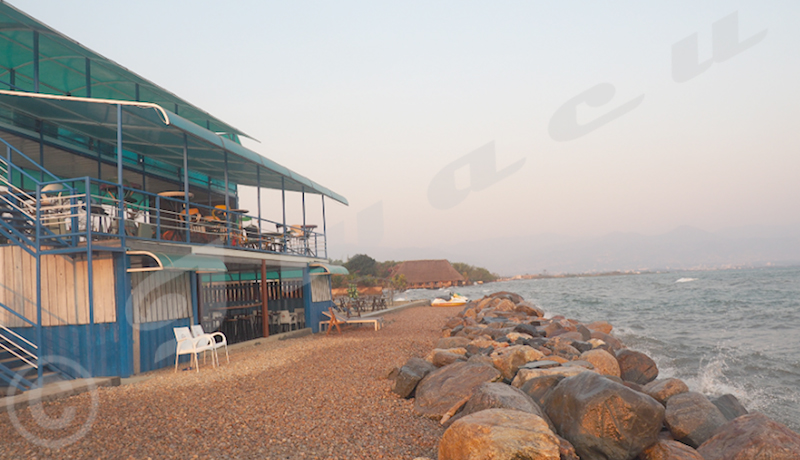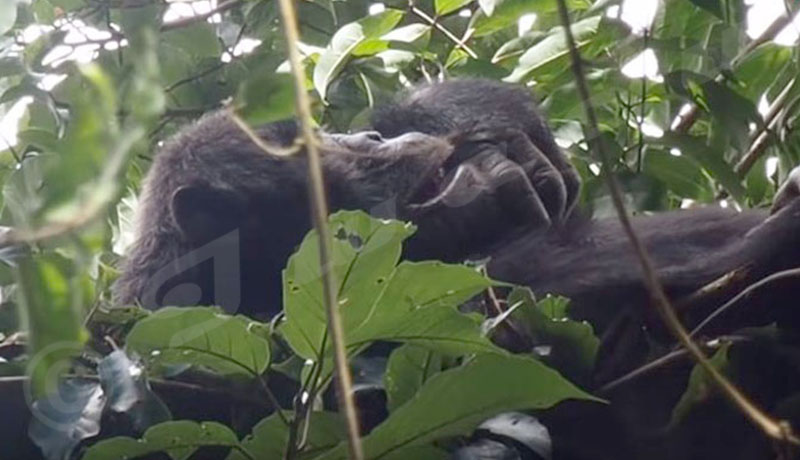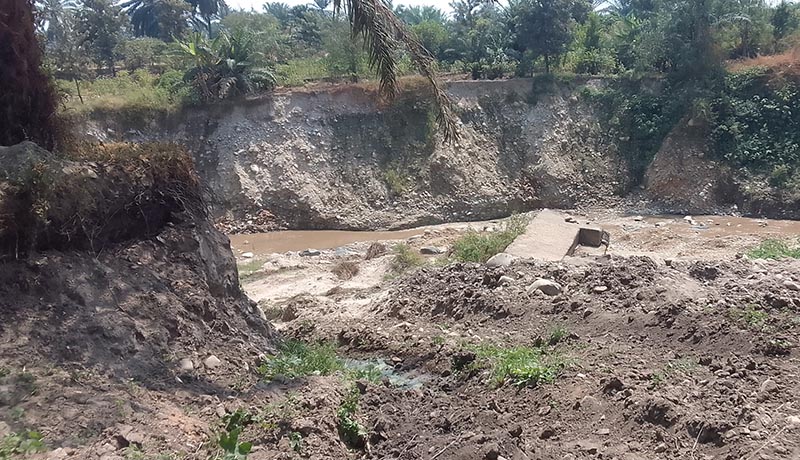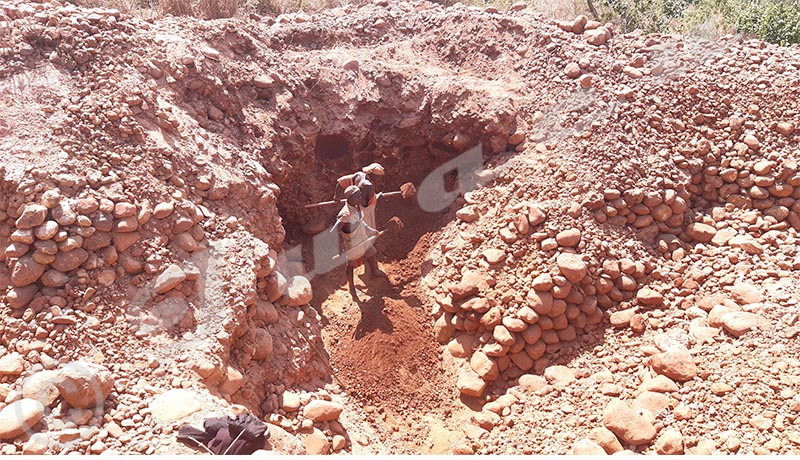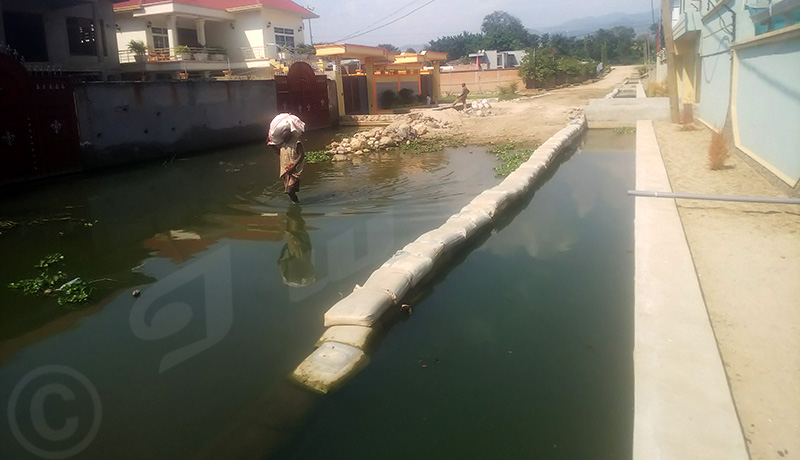The Lake Tanganyika Water Management (LATAWAMA) project, funded by the European Union, supported the government of Burundi in the rehabilitation of the Buterere wastewater treatment plant in north of Bujumbura city. However, anarchic constructions around the plant and the continuous pollution of Lake Tanganyika remain a serious problem.
With funding from European Union of 6.9 million euros, LATAWAMA regional project contributes to the preservation of Lake Tanganyika water quality through the establishment of a quality monitoring network of the lake’s water, reduction of anthropogenic pressure with improved management of solid and liquid waste; and the strengthening of Lake Tanganyika Authority.
Implemented by Belgian Development Agency (Enabel) and Lake Tanganyika Authority, this project aims, in Burundi, at optimizing the operation of the Buterere wastewater treatment plant which receives water from different households in Bujumbura city, treating them in a natural way so that they are discharged into Lake Tanganyika with the same properties as waters of the lake. It also aims at optimizing its collection network and reducing the impact of pollution from Bujumbura city on the Lake Tanganyika water quality.
“Latawama project has funded the government of Burundi in the field of sanitation which includes three major components, namely sanitation for rainwater, solid waste treatment and wastewater treatment,” explains Jean Pierre Gatore, Chief Commissioner of the Burundian Office for Urban Planning, Housing and Construction (OBUHA).
For him, the project came at the right time. He appreciates the rehabilitation of the wastewater laboratory and the equipment of its various devices.
Obuha chief commissioner says that drying beds of this station have also been rehabilitated: “There is a sludge that settles in the aerobic basins. They are transported directly to the drying beds. These beds hardly worked before the project, but at the moment they are already rehabilitated.”
According to him, LATAWAMA has helped Obuha in its digitalization program. For the moment, he also says, we can find the hydraulic parameters, such as the flow rate, the slope at any place thanks to the machine provided by the project.
In addition to digitalization, there was a training of Obuha engineers and technicians. The latter benefited from a four-day training on the digitalization program. They were sent to Belgium to learn how the sanitation system works.
Jean Pierre Gatore is also delighted with the purchase of a vehicle for the laboratory: “This vehicle helps us travel to check the state of wastewater in Bujumbura and other localities in the country; and perform physico-chemical analyses.”
According to him, other activities are underway within the framework of the same project, including the commissioning of a pump which will draw the sludge from basins and convey it to the drying beds, the characterization of the sludge as well as the analysis of it in laboratories in Belgium to see if it does not contain metals harmful to agriculture.
He appreciates the effectiveness of LATAWAMA’s support for Burundi. According to him, the wastewater treatment plant had had an operating problem for years, especially at the laboratory level: “We did not see how to implement the digitalization program.” He hopes that the second phase of this project will have other advantages so that the treatment plant works well and efficiently.
“It is extremely important to be able to control the collection network and the operation of the treatment plant for a better protection of Lake Tanganyika,” explains Didier Cadelli, LATAWAMA project manager.
According to him, the management of sludge from this treatment plant is important. He appreciates the rehabilitation of the infrastructure that will manage this sludge and allow it to be dried and used in agriculture if free of pollution.
He is delighted with the support and equipment of wastewater analysis laboratory which, for him, will allow the efficient operation of the treatment plant.
Anarchic constructions, a challenge against the extension plan
Despite the LATAWAMA project initiatives, the Ministry of Infrastructure and the project’s coordination deplore the anarchic constructions around the wastewater treatment plant.
“Buildings are increasing at high speed around the wastewater treatment plant, what is terrible and deplorable,” deplored Dieudonné Dukundane, Minister of Infrastructure, Equipment and Social Housing, after a visit conducted at this wastewater treatment plant this January 7.
For him, that area is not healthy to live in: “It is unacceptable that children grow up in this space.” He recommends the demolition of those constructions starting with those which are not yet inhabited.
For those who have documents justifying the legal acquisition of the plots or allowing them to build houses there, the Minister of Infrastructure calls on them to bring them to the ministry. He reassures that the government will find them another place to live.
“There are constructions very close to the sludge drying beds, which is not at all advisable, since the sludge from the treatment plant can be toxic or carry odors. There shouldn’t be constructions in that space,” confirms Didier Cadelli, LATAWAMA project manager.
In addition, the development of anarchic constructions around the Buterere wastewater treatment plant prevents any prospect of extending that station. He says that there was a plan of installing a solid waste storage or sorting center in Buterere, which is important for Bujumbura city: “The anarchic development of housing prevents any prospect of development of the center.” He calls on the administration to protect the public domain and use it for public purposes.
Need for joint actions to curb Lake Tanganyika pollution
According to the LATAWAMA project manager, Didier Cadelli, the Buterere wastewater treatment plant collects only part of the wastewater from Bujumbura city, which means that another part goes directly into the rivers that flow into Lake Tanganyika: “We cannot say that Lake Tanganyika is currently protected, activities that we carry out at Obuha, whether at the level of collection or the treatment plant, aim to give it the capacity to manage the treatment plant.”
He also mentions the management of septic systems: “The proof is the current cholera epidemic in Bujumbura. It probably has its origins in wastewater and solid waste poor management.”
To protect Lake Tanganyika, he recommends joint and concerted action by all the main towns bordering Lake Tanganyika: “The solution will not be provided by a small project of 7 million euros, but by a collective awareness and joint activities between member States.”
It is necessary to develop a series of depollution policies for Lake Tanganyika aimed at the management of wastewater, the management of solid waste, the fight against deforestation and erosion which brings a lot of sediments into Lake Tanganyika as well as the fight against plastic pollution.
For OBUHA chief commissioner, Jean Pierre Gatore, waters of Lake Tanganyika are also threatened by water hyacinth. Regarding chemical pollution, he reassures that Obuha can currently intervene at any place to see if waters of rivers that flow into the lake have the same properties as waters of the lake.
He calls on the population living near Lake Tanganyika to protect it, not to throw garbage or other waste polluting its waters.
Future perspectives
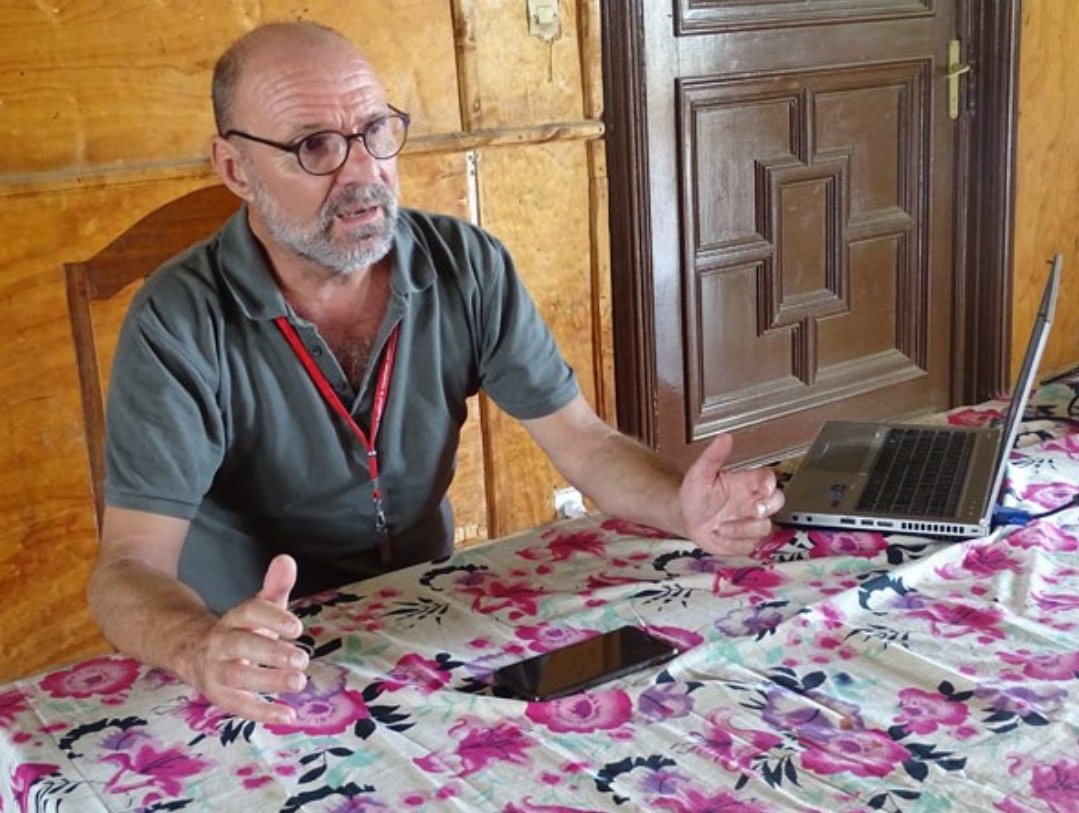
As the first phase comes to an end and the second phase (2024-2029) is being developed, the main prospects for LATAWAMA will, according to the project manager, concern both the environmental monitoring of the lake both for water quality, but also the monitoring of the level of lake waters’ height.
Didier Cadelli says that with member States of the Lake Tanganyika Authority, the project will set up forecasting, alert policies, warnings at the level of fluctuations in the level of the lake: “These fluctuations can be up as they can be down. They have impacts on human activities, on infrastructure, on the ecosystem, etc.”
To prevent the consequences of Lake Tanganyika overflows such as floods, he calls for the establishment of a policy which must provide information, awareness, and the prevention of the development of anarchic urbanization along the lake: “Currently, the development of anarchic urbanization along the lake is to be avoided at the level of all the bordering countries. Buffer zones must be respected.”
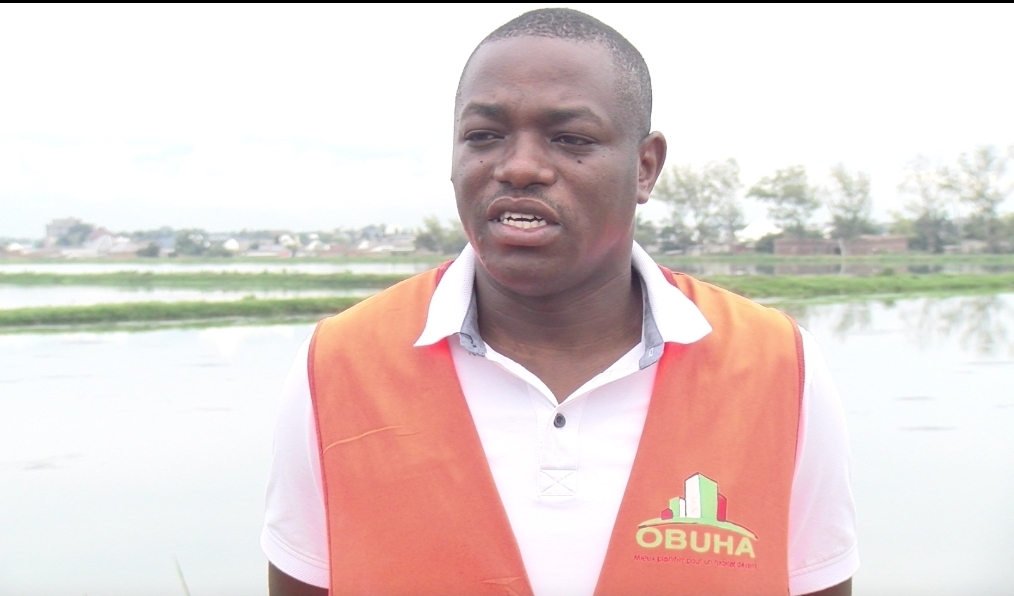
For Jean Pierre Gatore, Obuha chief commissioner, the second phase of the LATAWAMA project should provide more efforts in extending the wastewater collection network: “The basins of the treatment plant currently receive 23,000 cubic meters per day while it has a capacity to receive 40 thousand cubic meters. There are many households that are not connected to the network. The system of septic tanks and cesspits must be discouraged, as it pollutes the groundwater.”
The LATAWAMA project operates in five sub-region cities, four of which border Lake Tanganyika. These are Bujumbura in Burundi, Kigoma in Tanzania, Mpulungu in Zambia and Uvira in the DRC. Rwanda is also included in the project because of the waters of Lake Kivu which flow into Lake Tanganyika.
This project also aims at equipping the laboratories with the installation of photovoltaic panels with electricity storage in order to guarantee the autonomous operation of laboratories.
